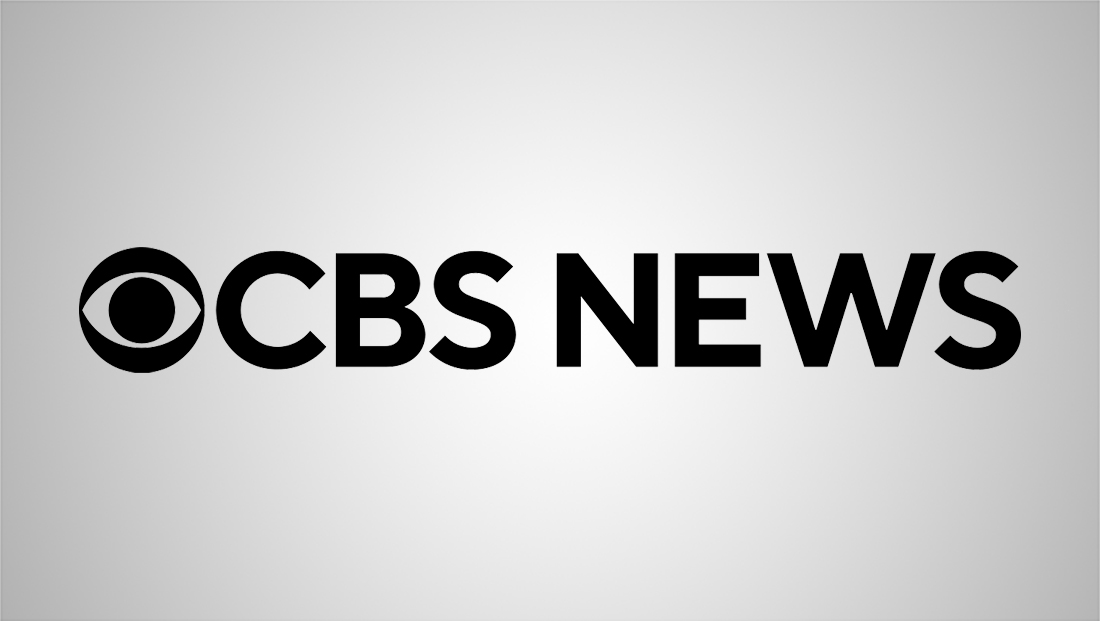CBS agrees to pay Trump’s library $15M to settle lawsuit

Weekly insights on the technology, production and business decisions shaping media and broadcast. Free to access. Independent coverage. Unsubscribe anytime.
Paramount Global has outlined a plan to pay $16 million to settle a lawsuit brought by Donald Trump over what he claimed was misleading editing on a CBS News interview.
That cost includes covering Trump’s legal fees, with the rest designated toward a fund to help build a future official library for Trump, which Paramount says avoids paying Trump “directly or indirectly.”
The agreement does not require CBS News to apologize or issue any type of statement of regret over the segment.
It does, however, include a provision that requires CBS to release full transcripts of future “60 Minutes” interviews with presidential candidates going forward.
The $16 million figure is notable because it matches the $15 million ABC News agreed to pay Trump’s library fund, plus the $1 million in legal fees the network covered for that case, though it was not immediately clear what Trump’s legal bill will be.
The suit, which started life seeking $10 billion in damages, was later doubled to $20 billion, meaning Trump got significantly less than even 1% (0.08% to be exact) of the amended damages in his legal paperwork.
The settlement, which was proposed by a mediator, comes after a lengthy period of uncertainty over if the suit could be settled or ultimately head to trial. It still needs to be officially signed.
Many CBS News staffers expressed concern over that possibility after the ABC News settlement, which sparked concern among some of that network’s staff.
The proverbial money wrench with Paramount, however, was that the company is currently finalizing an $8 billion merger with Skydance Media. Earlier reports indicated that execs were concerned that the deal, which took months of on-again, off-again talks to finalize, could end up DOA under Trump’s administration.
Trump’s FCC had already declined to start the required review of transferring the broadcast licenses for CBS’s owned stations.
Paramount denied the settlement was connected to the Skydance deal in a statement, having originally said the claims were without merit.
Many legal scholars also suggested Trump’s claims were wobbly, but without a settlement, the case could have continued to the lengthy and costly trial phase.
There were also reports that concerns were raised over having Paramount pay a more significant settlement amount, as it could be construed as a bribe of some type. There were also reportedly concerns over the possibility that board members could be held personally liable for such legal action.
Trump’s team celebrated the victory July 2, 2025, while using the opportunity to bash what he calls “fake news” outlets.
By offering essentially the same settlement to ABC, CBS appears to be balancing the goal of resolving the legal issues while also avoiding potential liability or accusations of improper conduct. Paramount could, however, still face legal action from shareholders who have previously threatened legal action if the company settled with Trump.
The lawsuit stems from an October 2024 interview with then-presidential candidate Kamala Harris that was taped for a “60 Minutes” segment.
In a “Face the Nation” preview of the interview that aired ahead of the full airing, Harris appeared to be responding to the same question in a different way than what would air on the network’s flagship newsmagazine.
Trump accused the network of misleading editing that he alleged damaged his political prospects and public image. He would go on to win the 2024 election less than a month later.
After those accusations, CBS did agree to release an unedited transcript and raw video from the interview.
Parts of Trump’s claims were vague and it was also not clear how the original $10 billion figure was determined, nor was any specific explanation given for doubling it later.
It’s likely that at least some will see CBS’s agreement to release “60 Minutes” presidential candidate interview transcripts in the future as possible journalistic red flags.
While it is not general practice to release full, unedited interview transcripts, it does happen. News organizations have sometimes released both full or partial unedited transcripts and video from interviews as digital exclusives, for example. Extended versions of interviews or segments have also been offered on streaming or digital platforms.
Releasing transcripts of interview with presidential candidates could also be seen as a move toward transparency on the part of the network or even necessary for such high-profile sit-downs that could also come with high stakes.
Opponents of this portion of the settlement may argue that a journalist’s job is to condense a full interview into its salient parts for viewers and that such a promise leaves open the possibility of more — perhaps unanticipated — issues down the road.
Despite those issues, the settlement did not mention any requirement to release any raw video, which can be considered more sacrosanct in TV newsrooms. It also appears that the requirement is restricted to “60 Minutes” content.
Assuming the settlement is finalized, this case marks the second time Trump’s legal team has gotten a network to pay around $16 million while likely pocketing around $1 million in fees, which could raise the possibility of more weaker claims of alleged distortion being filed, either by Trump or others.
Although there has been no specific indication these types of actions might be taken, more lawsuits would obviously cost networks times and energy while burying them in potential bad publicity for both the accusation and eventual settlement.



tags
60 Minutes, CBS, CBS News, donald trump, Lawsuits, Paramount Global, Paramount Skydance Merger, Skydance Media
categories
Broadcast Business News, Featured, Networks